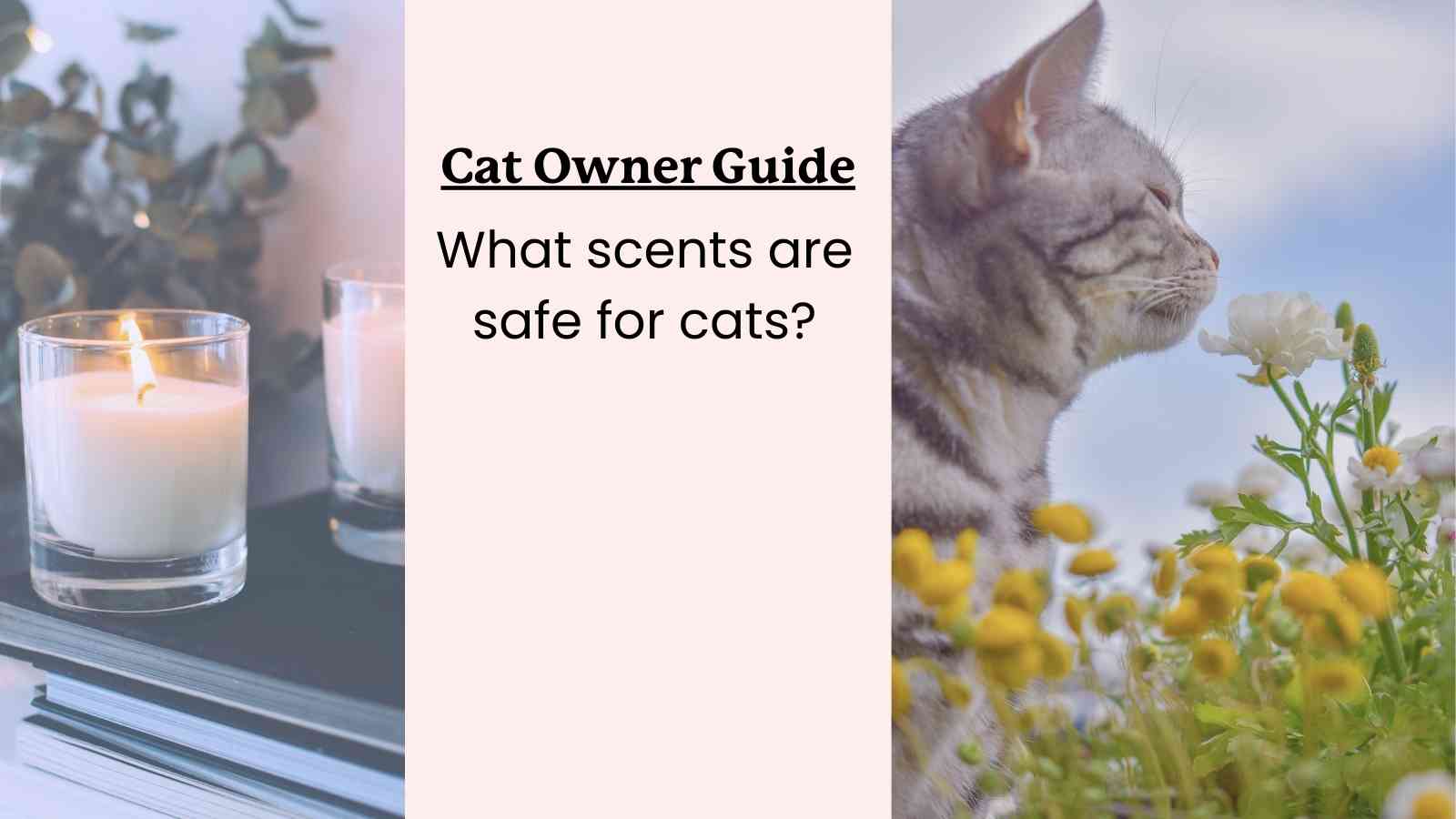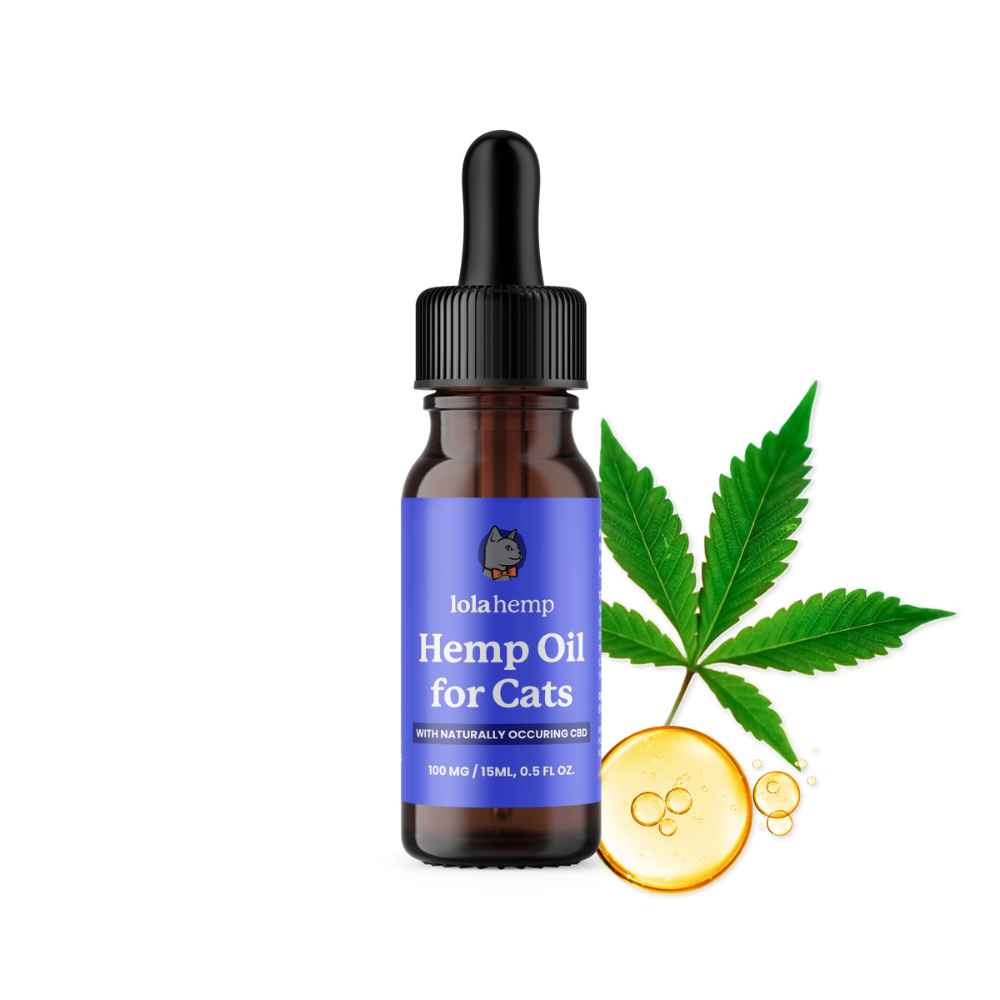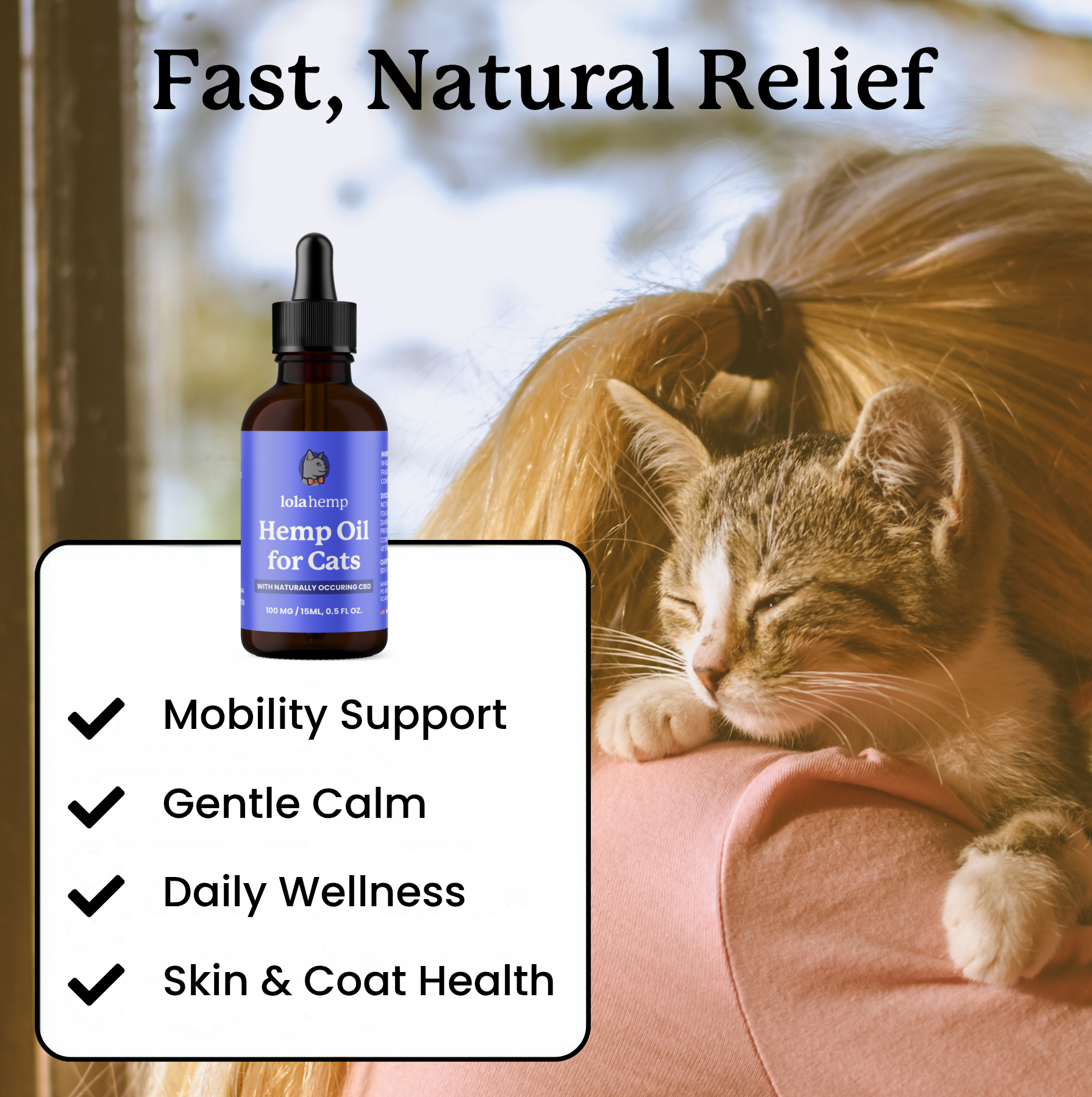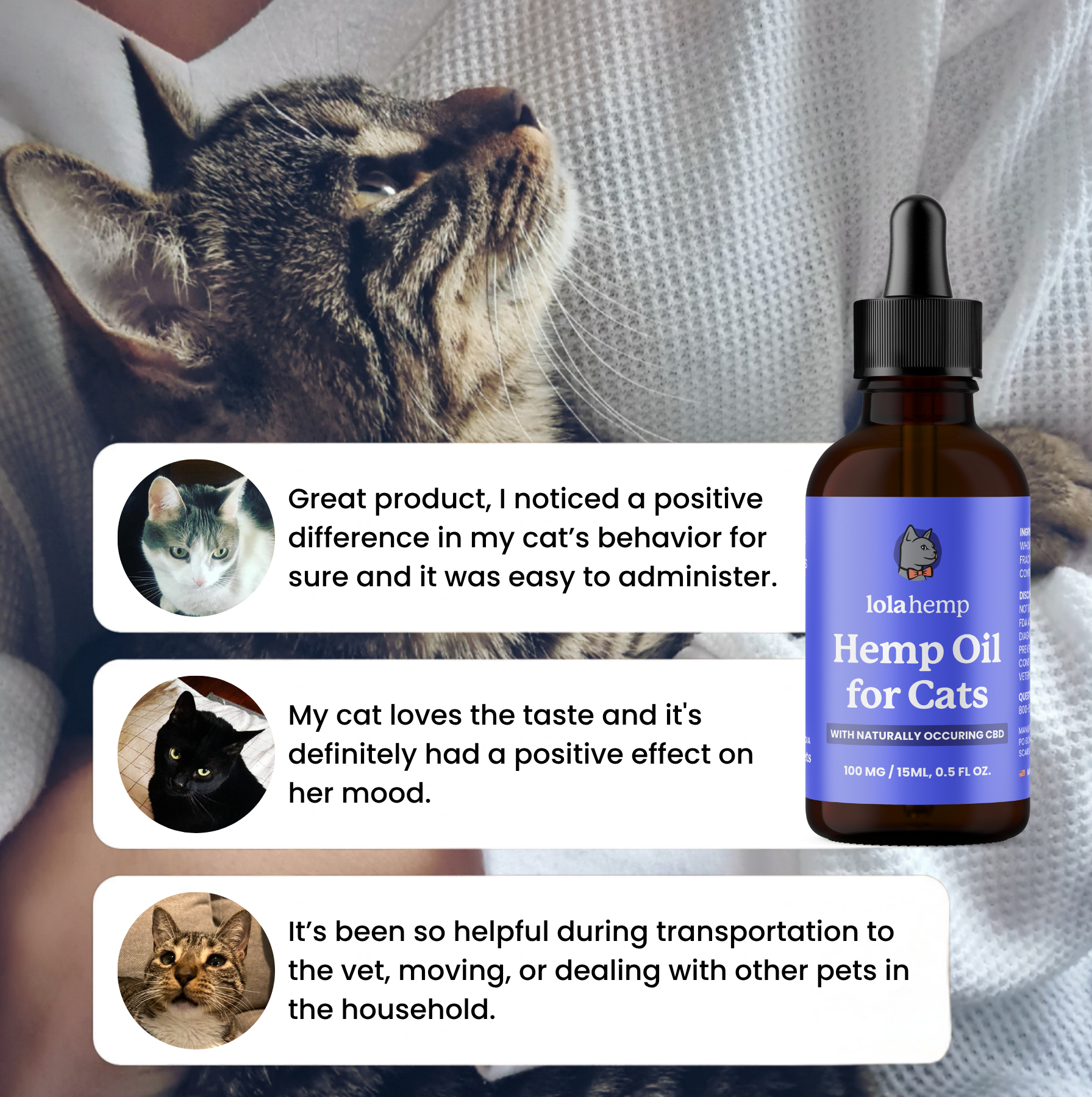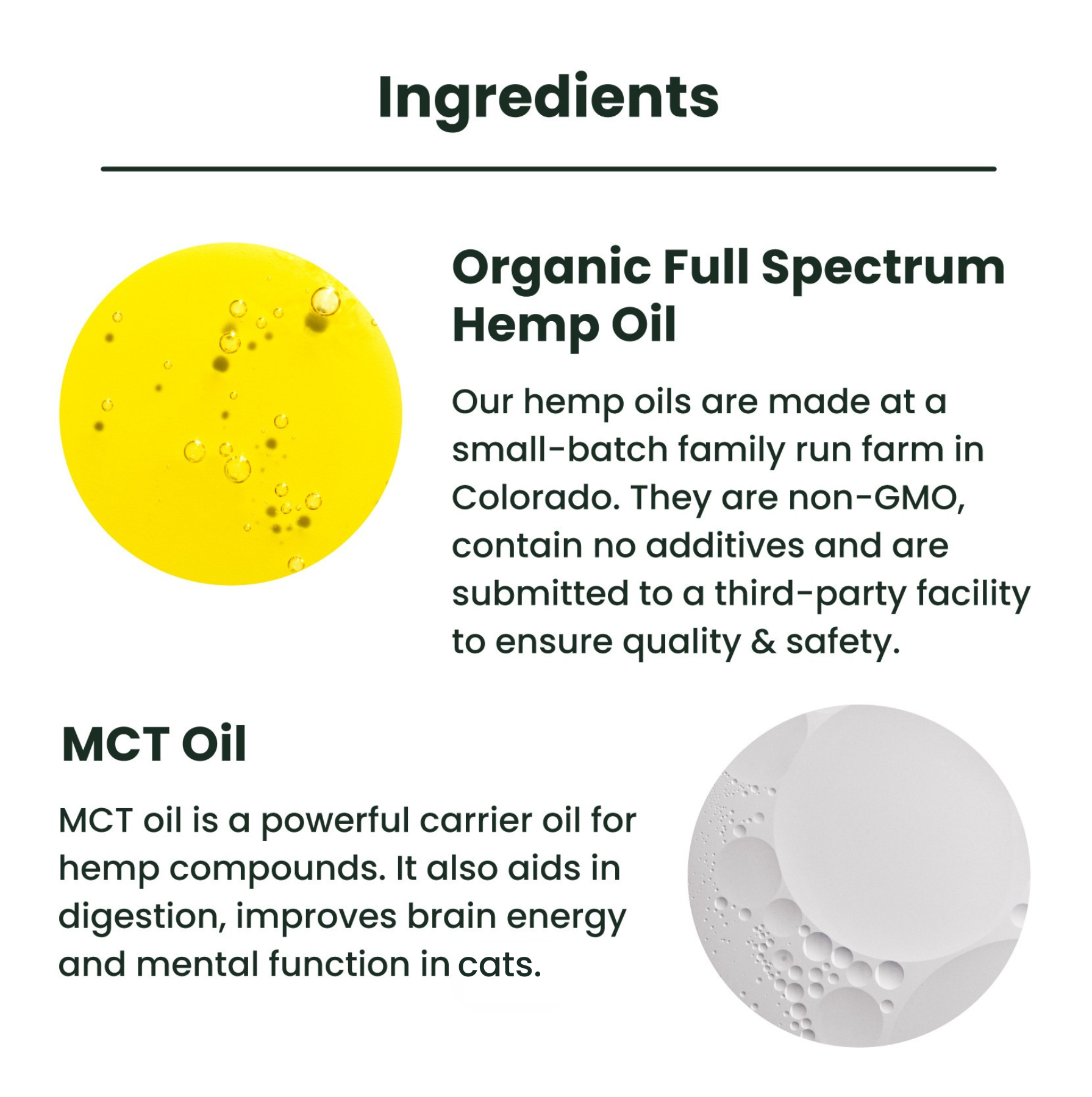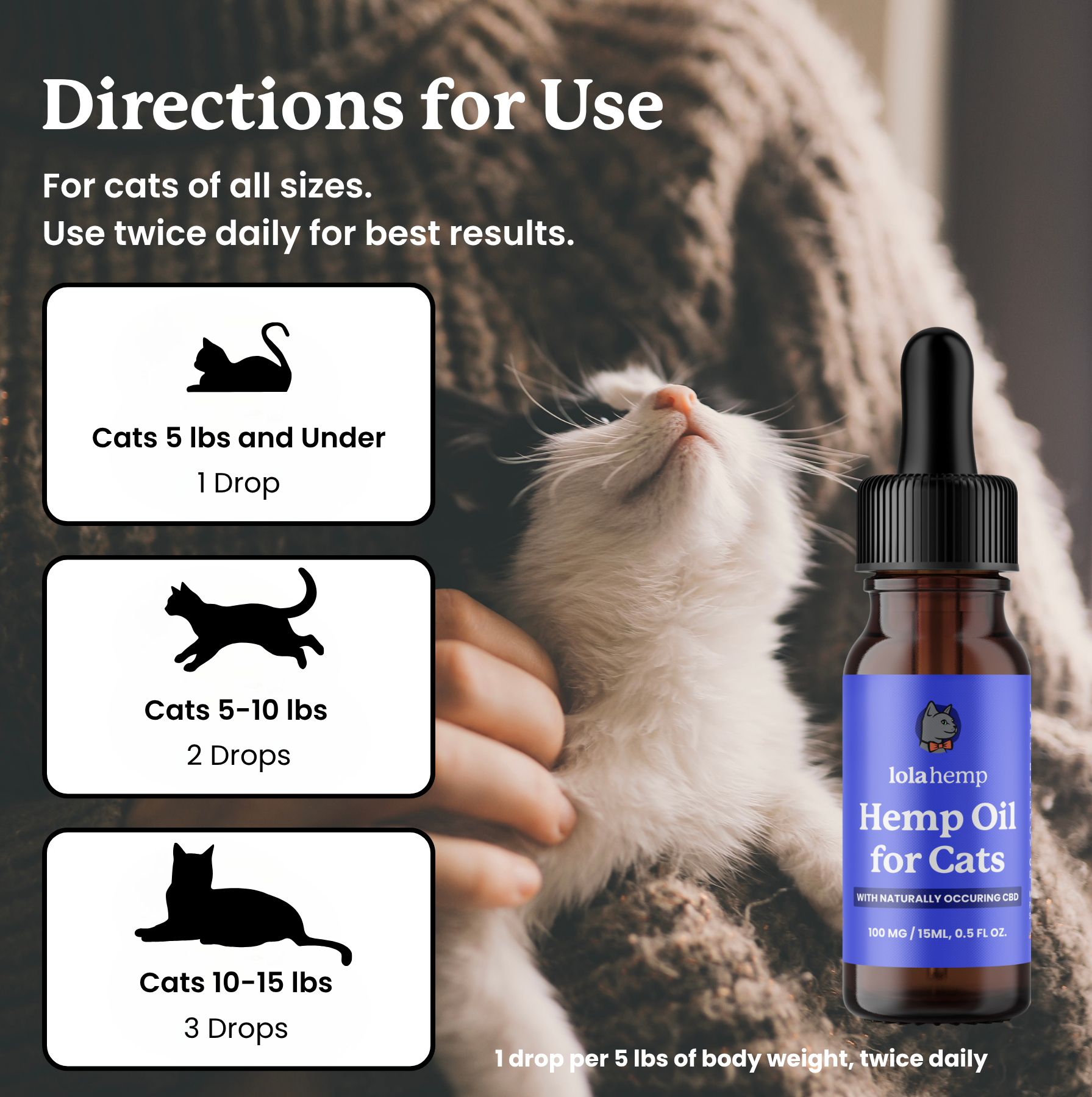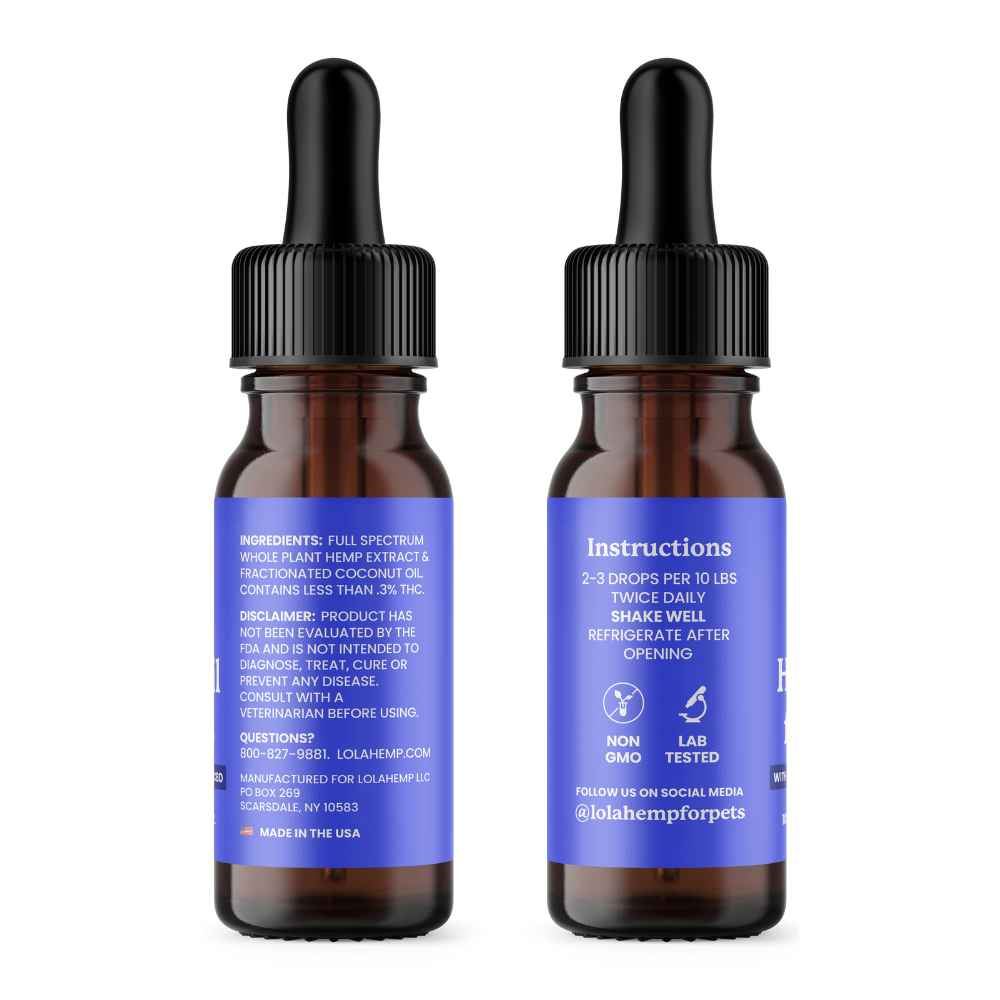With the rise of natural oils like hemp oil for cats and the presence of household fragrances like scented candles, you might be wondering how these things can affect your cat if they sniff them.
Cats are notorious for sniffing new things, and typically that's okay. In some cases, though, smells can be dangerous to cats.
Many scented products are safe for cats. If the package lists "pet-safe" or "cat-safe", you're good to go. Companies have to go through some scrutiny to get those labels on their packages. The same is true for dog-safe scents.
Many very common scents are harmful to cats, however. Let's start with a list of the most commonly-questioned scents, and whether or not they're safe for your feline friends.

- What Scents are Safe for Cats?
- 1. Lavender: Not Safe for Cats
- 2. Vanilla: Generally Safe for Cats
- 3. Citrus (e.g., Lemon, Orange): Not Safe for Cats
- 4. Peppermint: Not Safe for Cats
- 5. Eucalyptus: Not Safe for Cats
- 6. Rose: Generally Safe for Cats
- 7. Jasmine: Not Safe for Cats
- 8. Apple: Generally Safe for Cats
- 9. Cinnamon: Not Safe for Cats
- 10. Ocean Breeze: Generally Safe for Cats
- Essential Oils: Overwhelmingly Unsafe for Cats
- Which Air Fresheners are Safe for Cats?
- What Can Pet Owners Do to Protect Their Cats from Dangerous Scents?
- Conclusion
What Scents are Safe for Cats?
The following ten items are among the most common household scents.
Do you have these within sniffing distance of your cat? Some are safe, but some are actually toxic for your cat.
1. Lavender: Not Safe for Cats
Lavender is a popular scent for its calming effects, but it contains compounds that can be toxic to cats if ingested or absorbed in significant amounts. While occasional exposure to a diluted form might not be immediately harmful, it’s best to avoid using lavender around cats.
2. Vanilla: Generally Safe for Cats
Vanilla itself is not toxic to cats, but products containing vanilla often include other ingredients that could be harmful. Ensure that any vanilla-scented products are used in well-ventilated areas, and avoid letting your cat come into direct contact with them.
3. Citrus (e.g., Lemon, Orange): Not Safe for Cats
Citrus scents, such as lemon and orange, can be irritating to cats. The essential oils in citrus fruits can cause gastrointestinal upset and skin irritation. It's best to avoid citrus-scented products if you have cats in your home.
4. Peppermint: Not Safe for Cats
Peppermint is another scent that is not safe for cats. The essential oils in peppermint can be toxic and cause gastrointestinal upset, respiratory issues, and even central nervous system problems if ingested or inhaled in large amounts.
5. Eucalyptus: Not Safe for Cats
Eucalyptus is also toxic to cats. Its essential oil can cause vomiting, diarrhea, and other serious health issues. It’s best to avoid using eucalyptus-scented products around your feline friends.
6. Rose: Generally Safe for Cats
Rose scents are generally considered safe for cats. However, if the rose scent is part of a product with other potentially harmful chemicals, it’s important to check the overall safety and ensure proper ventilation.
7. Jasmine: Not Safe for Cats
Jasmine, like other floral scents, can be problematic for cats. The essential oils in jasmine can be toxic and cause adverse effects. It’s safer to avoid jasmine-scented products in areas where your cat spends time.
8. Apple: Generally Safe for Cats
Apple fragrances are generally safe for cats. The scent itself is not harmful, but as with any scented product, ensure that it does not contain other ingredients that could be toxic.
9. Cinnamon: Not Safe for Cats
Cinnamon can be irritating and potentially toxic to cats, especially in large amounts. The essential oils and compounds in cinnamon can cause digestive upset and respiratory issues, so it’s best to use cinnamon-scented products cautiously.
10. Ocean Breeze: Generally Safe for Cats
Ocean breeze scents are usually safe for cats. These fragrances are designed to be mild and non-irritating, but always check the full list of ingredients in any product to ensure there are no harmful chemicals.
When introducing any new product or fragrance into your home, consider your cat's health and well-being, and consult your vet if you have any concerns.

Essential Oils: Overwhelmingly Unsafe for Cats
Essential oils are highly concentrated plant extracts used for their strong scents and therapeutic properties. Unfortunately, many essential oils are toxic to cats and can cause a range of health issues, even with minimal exposure. Cats lack certain liver enzymes necessary to metabolize these compounds effectively, making them particularly vulnerable to poisoning from essential oils.
What happens if my cat sniffs essential oils?
If a cat sniffs essential oils, it can lead to respiratory irritation, coughing, and sneezing. The strong aroma may also cause discomfort and stress. Prolonged exposure to essential oil fumes can exacerbate these symptoms and potentially lead to more serious respiratory issues.
What happens if my cat eats essential oils?
Ingesting essential oils can be extremely dangerous for cats. The concentrated compounds can cause severe gastrointestinal upset, including vomiting and diarrhea. Additionally, essential oils can lead to systemic toxicity, affecting the liver, kidneys, and central nervous system.
What symptoms should I watch out for?
-
Vomiting
-
Diarrhea
-
Excessive drooling
-
Difficulty breathing or respiratory distress
-
Lethargy or weakness
-
Tremors or seizures
-
Loss of appetite
-
Unusual behavior or signs of distress
If you suspect your cat has been exposed to essential oils, seek veterinary assistance immediately.
Are Certain Essential Oils Safe for Cats?
When it comes to essential oils and cats, caution is always recommended. Most essential oils are not safe for cats due to their unique physiology and the lack of certain liver enzymes needed to metabolize these compounds. However, there are a few essential oils that are generally considered to be less harmful, though they should still be used with care. Here’s a brief overview:
Essential Oils Generally Considered Safer for Cats
-
Catnip (Nepeta cataria):
-
Description: Catnip is not an essential oil but is a plant that can have stimulating effects on cats. It’s often used in toys and sprays.
-
Safety: Generally safe for cats in moderation. It can be beneficial and enjoyable for them.
-
-
Catmint (Nepeta mussinii):
-
Description: Similar to catnip, catmint is another plant that can be used for its stimulating effects on cats.
-
Safety: Typically safe when used in moderate amounts.
-

Which Air Fresheners are Safe for Cats?
Choosing air fresheners that are safe for cats involves looking for options that avoid harmful chemicals and strong scents. Generally, unscented or natural products with mild ingredients are the best choices. Here are a few safer alternatives:
-
Unscented Air Fresheners: These avoid introducing potentially irritating chemicals and fragrances into your home.
-
Baking Soda: Effective at neutralizing odors without adding fragrances, making it safe for cats.
-
Activated Charcoal: Absorbs odors naturally and is generally safe for pets.
-
Vinegar-Based Fresheners: Diluted vinegar can help neutralize odors and is not harmful to cats when used appropriately.
-
Pet-Safe Brands: Some brands offer products specifically designed to be safe for pets, using non-toxic ingredients.
Always ensure that any air freshener or odor-neutralizing product is used in a well-ventilated area and that your cat has access to escape if they find the scent unpleasant.
Which Air Fresheners are the Worst for Cats?
Certain air fresheners contain ingredients that can be harmful to cats. Here are some types to avoid:
-
Products with Essential Oils: Many essential oils (such as lavender, peppermint, and eucalyptus) are toxic to cats and should be avoided.
-
Citrus-Scented Fresheners: Citrus oils can cause gastrointestinal upset and other health issues in cats.
-
Artificial Fragrances: Many air fresheners contain synthetic fragrances and chemicals that can irritate a cat’s respiratory system and skin.
-
Plug-In Air Fresheners: These often release a continuous stream of chemicals into the air, which can be particularly problematic for pets.
-
Aerosol Sprays: These can contain various chemicals that might be harmful to cats when inhaled or ingested.
Always check ingredient labels and opt for products that are explicitly labeled as pet-safe. If you're unsure, consult your veterinarian for recommendations on safe products for your home.
Why are These Substances Bad for Your Pet's Respiratory System?
Certain substances in air fresheners and household products can be particularly harmful to a pet’s respiratory system due to several reasons:
-
Volatile Organic Compounds (VOCs): Many air fresheners contain VOCs, which are chemicals that evaporate into the air and can irritate the respiratory tract. Pets, with their more sensitive respiratory systems, can experience discomfort and health issues from inhaling these compounds.
-
Strong Fragrances: Intense or synthetic fragrances can overwhelm a pet’s sense of smell and cause respiratory irritation. These fragrances can lead to coughing, sneezing, and difficulty breathing.
-
Essential Oils: Essential oils, although natural, contain concentrated compounds that can be irritating or toxic when inhaled. Cats, in particular, lack certain liver enzymes needed to metabolize these compounds, making them more susceptible to respiratory distress and other health issues.
-
Chemical Irritants: Many air fresheners use chemical ingredients that can cause inflammation and irritation in the respiratory system. Prolonged exposure can lead to chronic respiratory problems and exacerbate conditions like asthma.
-
Dust and Particles: Some air fresheners release dust or particulate matter that can be inhaled. These particles can irritate the lungs and exacerbate respiratory conditions in pets.
For these reasons, it’s important to choose air fresheners and other products that are formulated to be safe for pets and to ensure good ventilation in areas where such products are used.

What Can Pet Owners Do to Protect Their Cats from Dangerous Scents?
Protecting your cat from harmful scents involves a combination of choosing the right products, ensuring proper ventilation, and being aware of how different substances affect your pet. Here are some practical steps to keep your feline friend safe:
1. Opt for Pet-Safe Products
-
Choose Unscented Options: Use unscented air fresheners and cleaning products to avoid introducing potentially irritating chemicals into your home.
-
Select Natural Ingredients: If you use scented products, look for those made with natural, non-toxic ingredients and explicitly labeled as safe for pets.
-
Research Brands: Some brands offer pet-safe air fresheners and cleaning products. Look for those that are designed with your pet's health in mind.
2. Ensure Proper Ventilation
-
Ventilate Areas Well: Always use air fresheners and cleaning products in well-ventilated areas to minimize the concentration of chemicals in the air.
-
Open Windows: If using products with any scent, open windows to allow fresh air to circulate and help dissipate any potentially harmful fumes.
3. Use Alternative Methods for Odor Control
-
Baking Soda: Sprinkle baking soda on carpets and upholstery to neutralize odors naturally. It’s a safe and effective alternative.
-
Activated Charcoal: Place activated charcoal in areas prone to odors. It absorbs smells without releasing harmful chemicals.
-
Vinegar: Use diluted vinegar as a natural cleaner and deodorizer. It is effective and generally safe for pets when used properly.
4. Monitor Your Cat’s Health
-
Observe Behavior: Pay attention to any changes in your cat’s behavior or health, such as coughing, sneezing, or lethargy, which could indicate an adverse reaction to a scent or product.
-
Consult Your Vet: If you notice any symptoms or have concerns about specific products, consult your veterinarian for advice and recommendations.
5. Limit Access to Scented Areas
-
Designate Pet-Free Zones: Keep areas where you use scented products off-limits to your cat until the scent dissipates.
-
Provide Safe Spaces: Ensure your cat has access to areas of your home that are free from strong scents and chemicals.
By taking these precautions, you can help ensure that your home remains a safe and comfortable environment for your cat while managing odors and maintaining cleanliness.
Conclusion
So, while some fresheners and natural oils are safe for cats, many aren't. In general, when it comes to scents, you should air on the side of caution when introducing new fragrances into your cat's environment.
Always research the ingredients in products and make sure that your cat is safe to sniff them as they please.
If you're interested in learning more about safe oils for cats, review our blog and website for more information.
